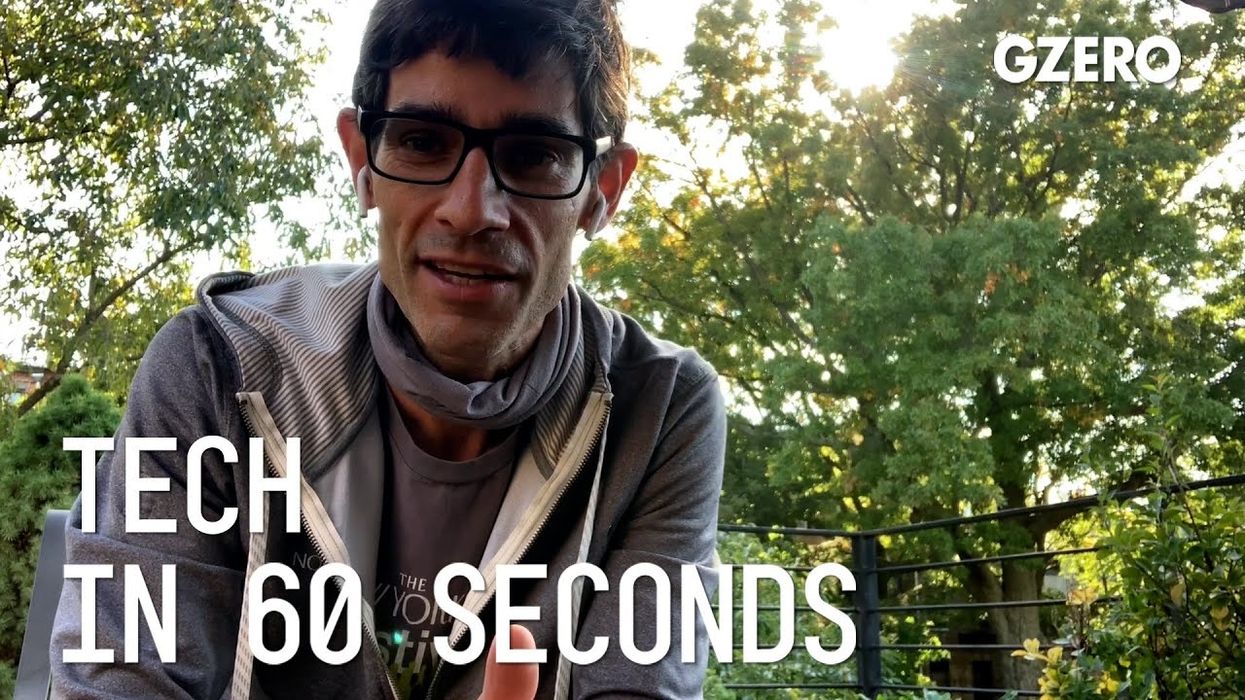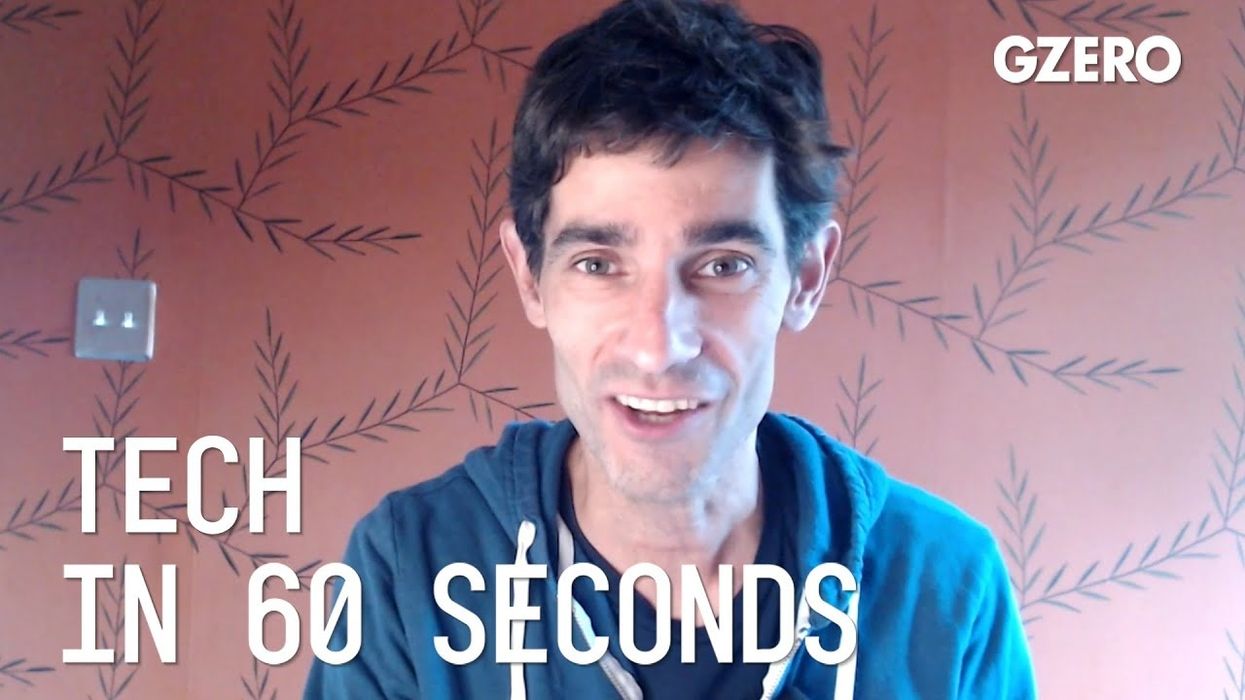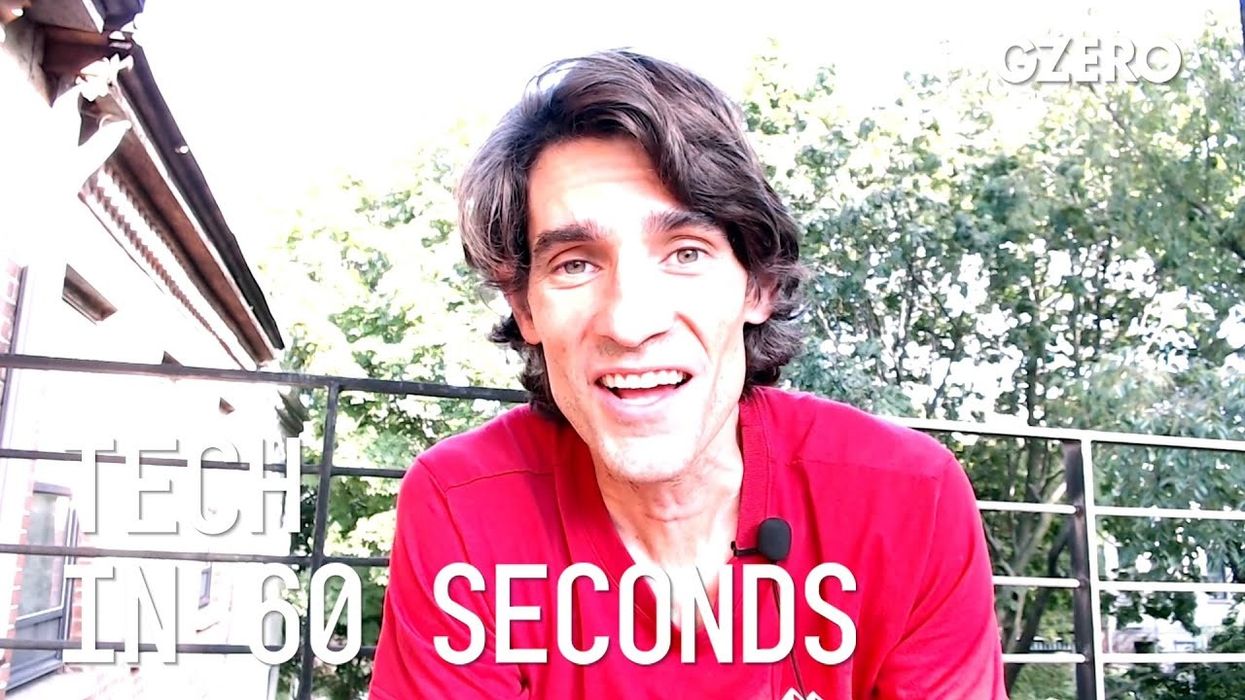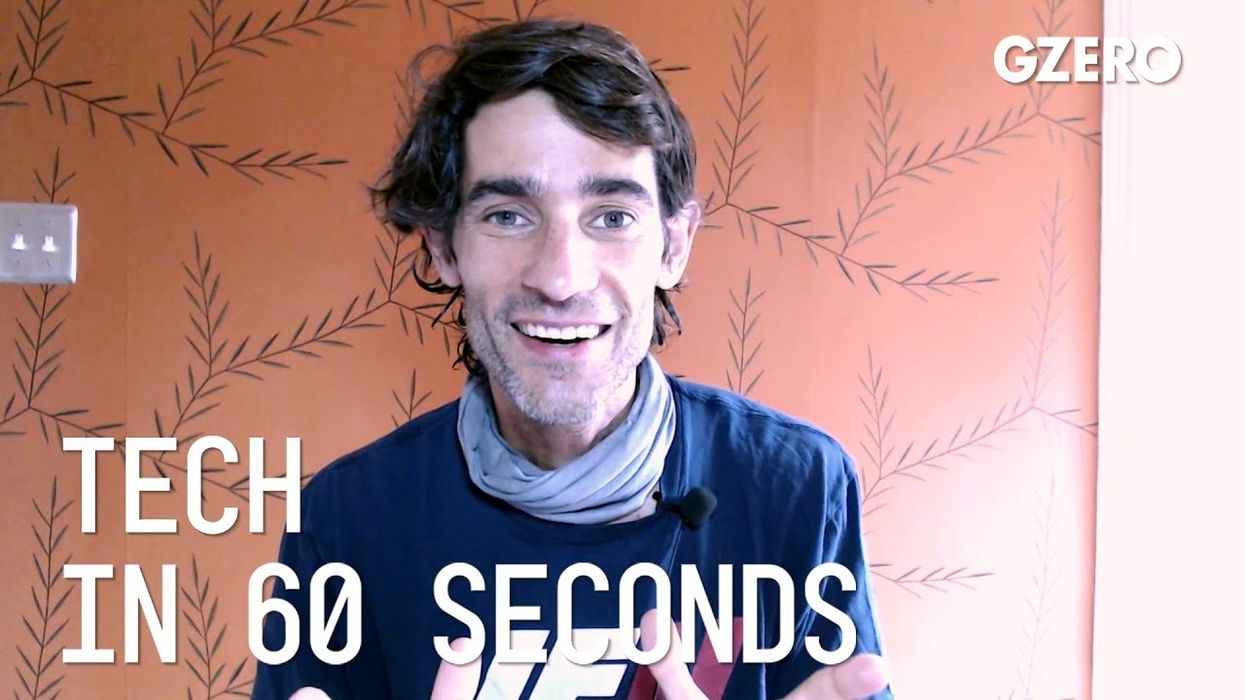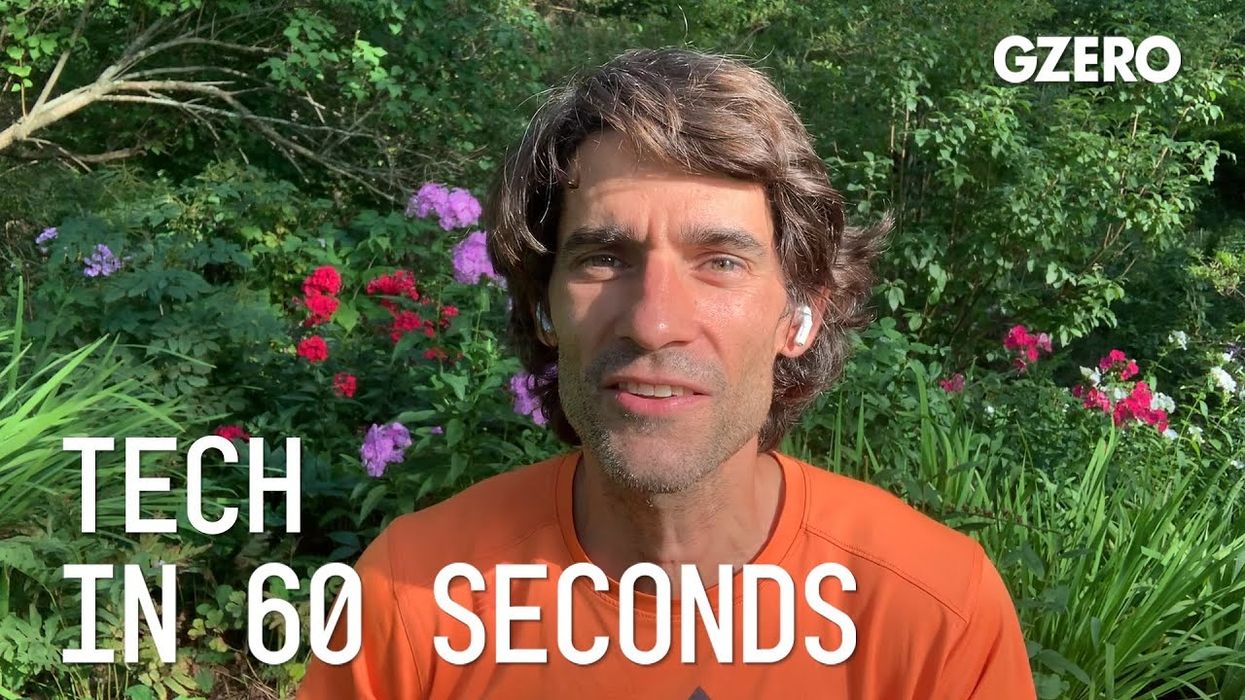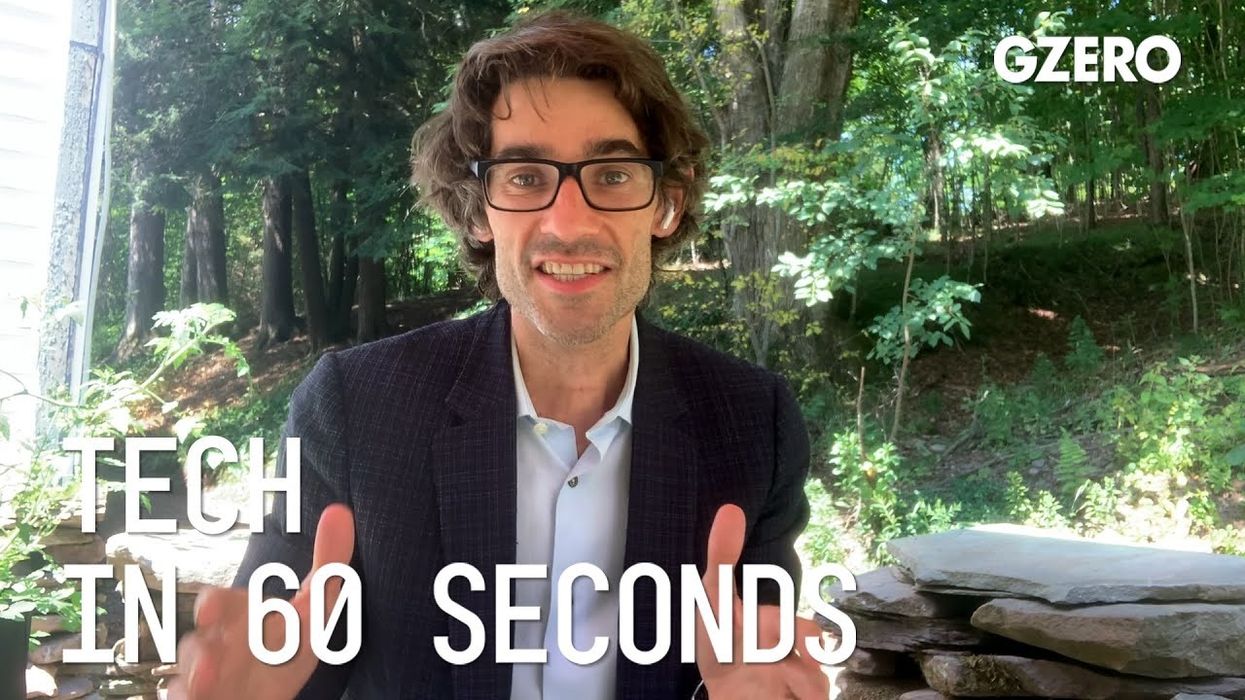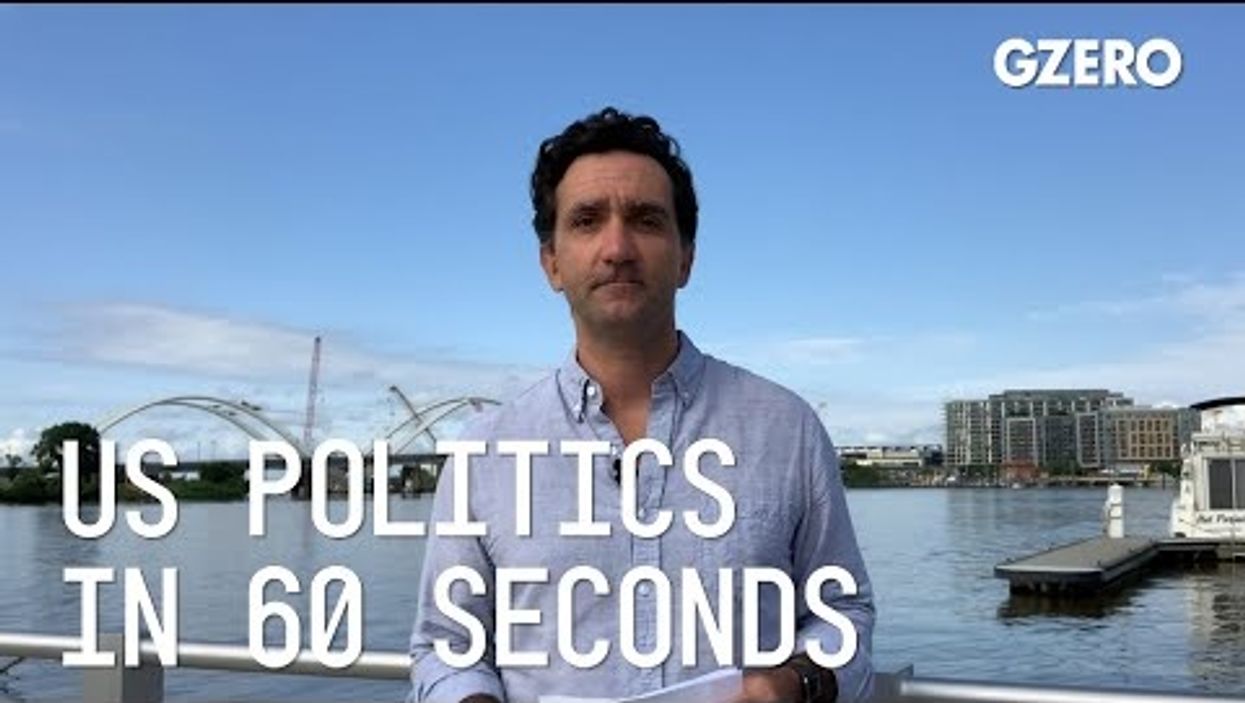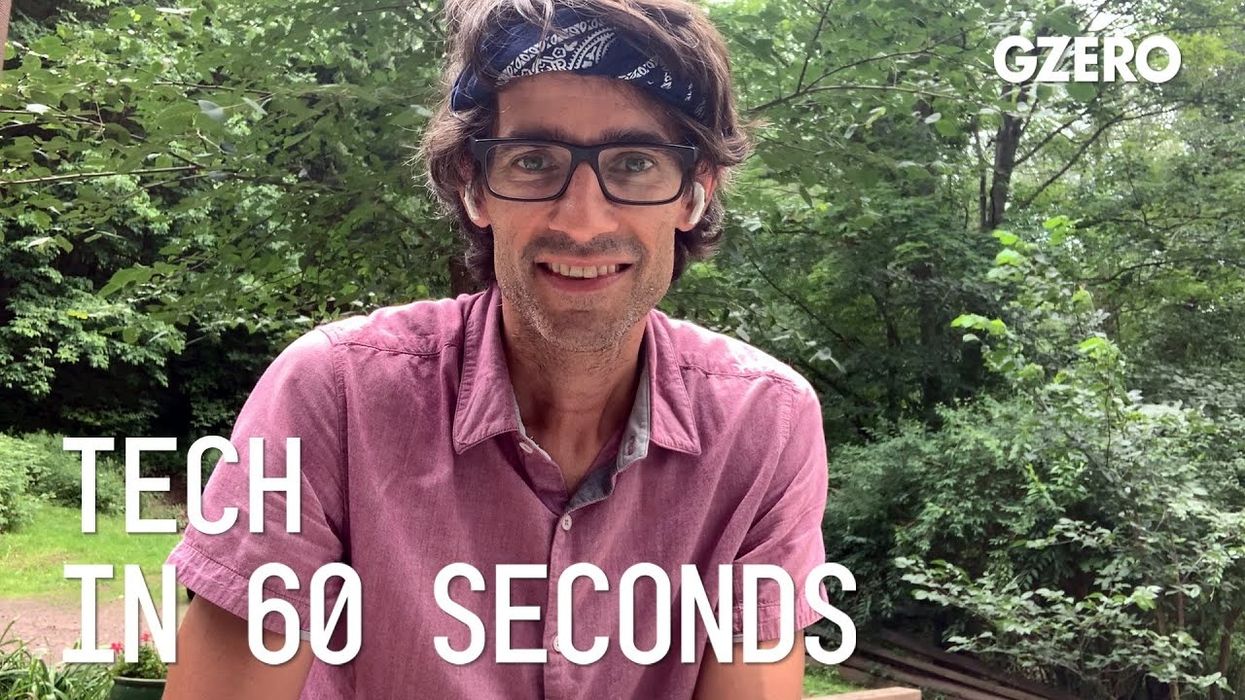Tech in 60 Seconds
Will there be a big tech breakup? Apple likely to announce 5G phone
Watch as Nicholas Thompson, editor-in-chief of WIRED, explains what's going on in technology news:
How likely will big tech companies Apple, Amazon, Facebook, and Google be forced to breakup as recommended by Democrats on the House Judiciary Subcommittee on Antitrust?
"Hi, Speed." What can we expect from this week's annual Apple release?
Oct 12, 2020
